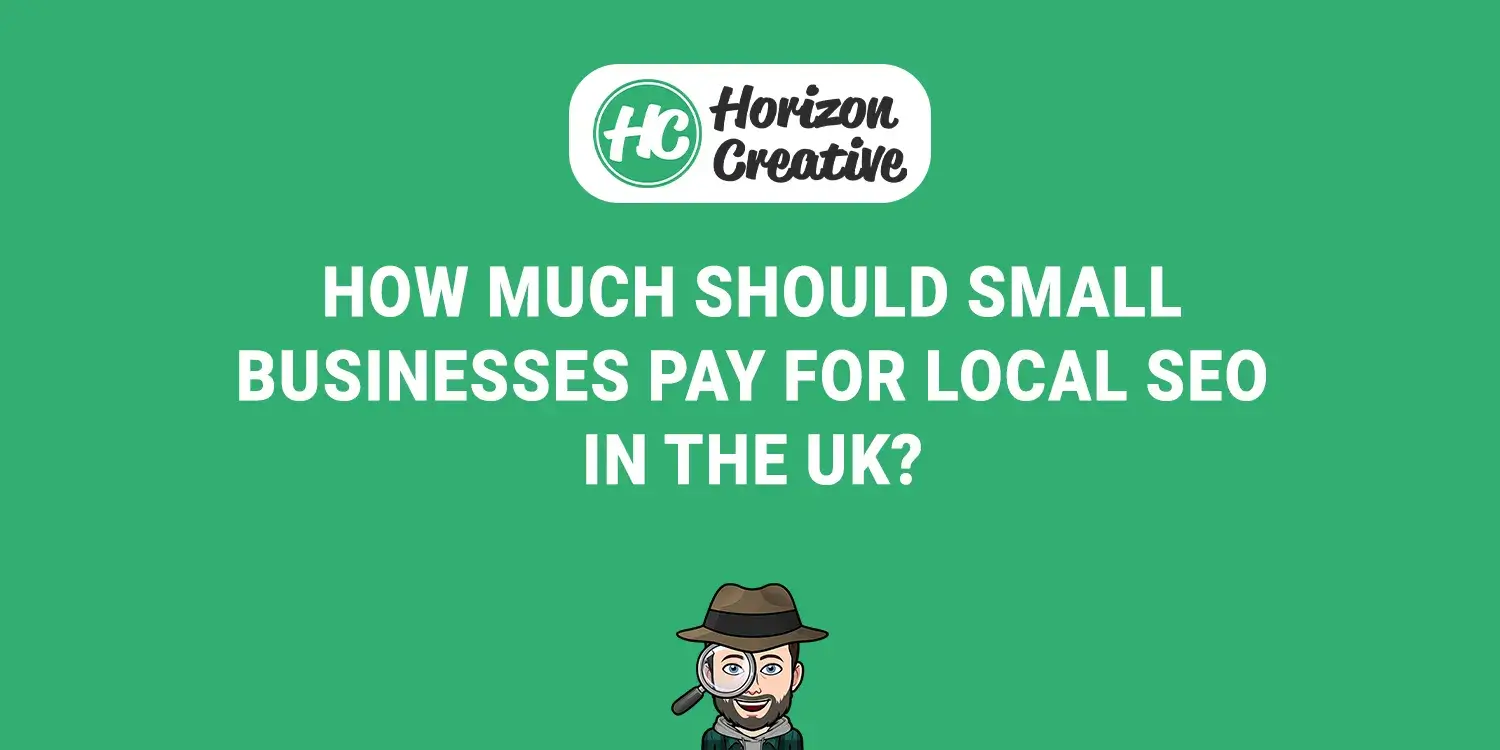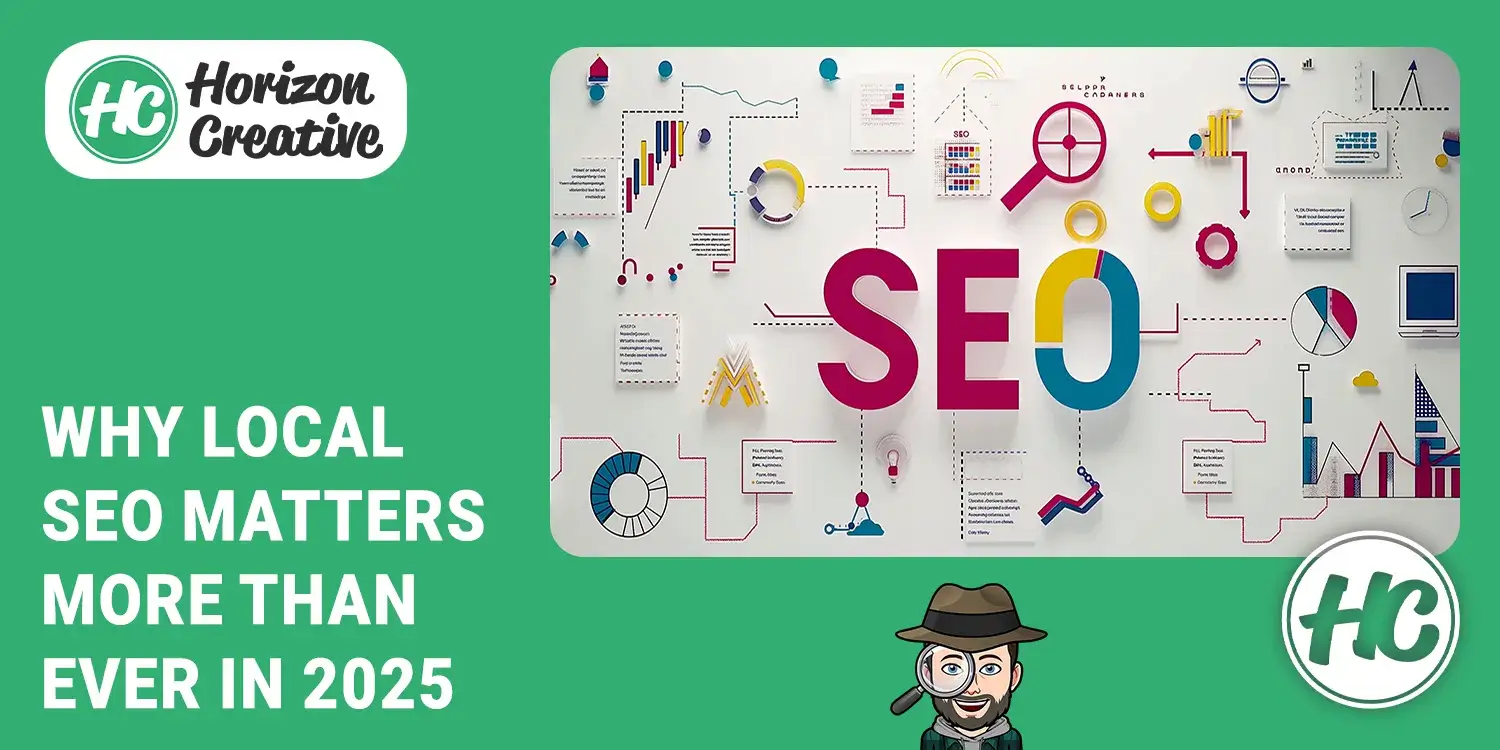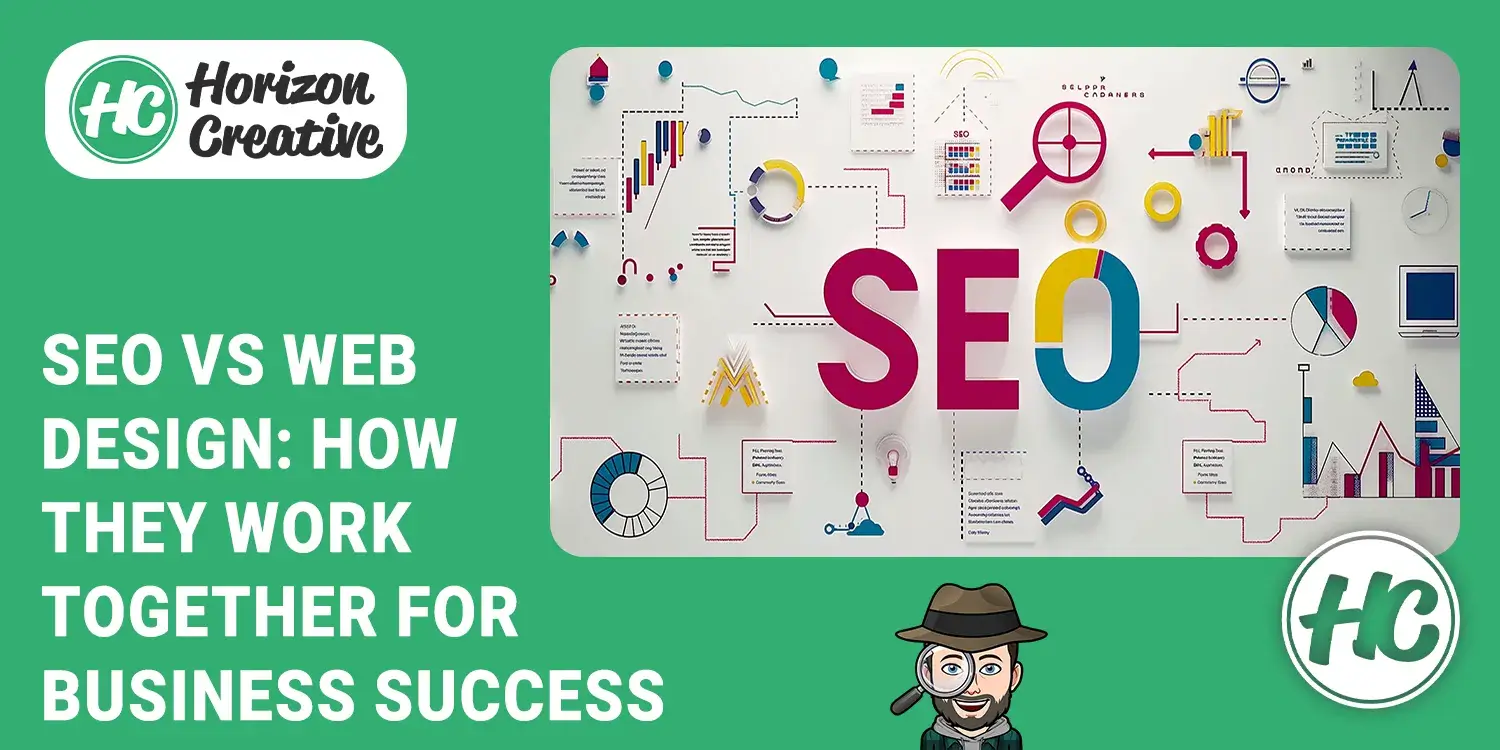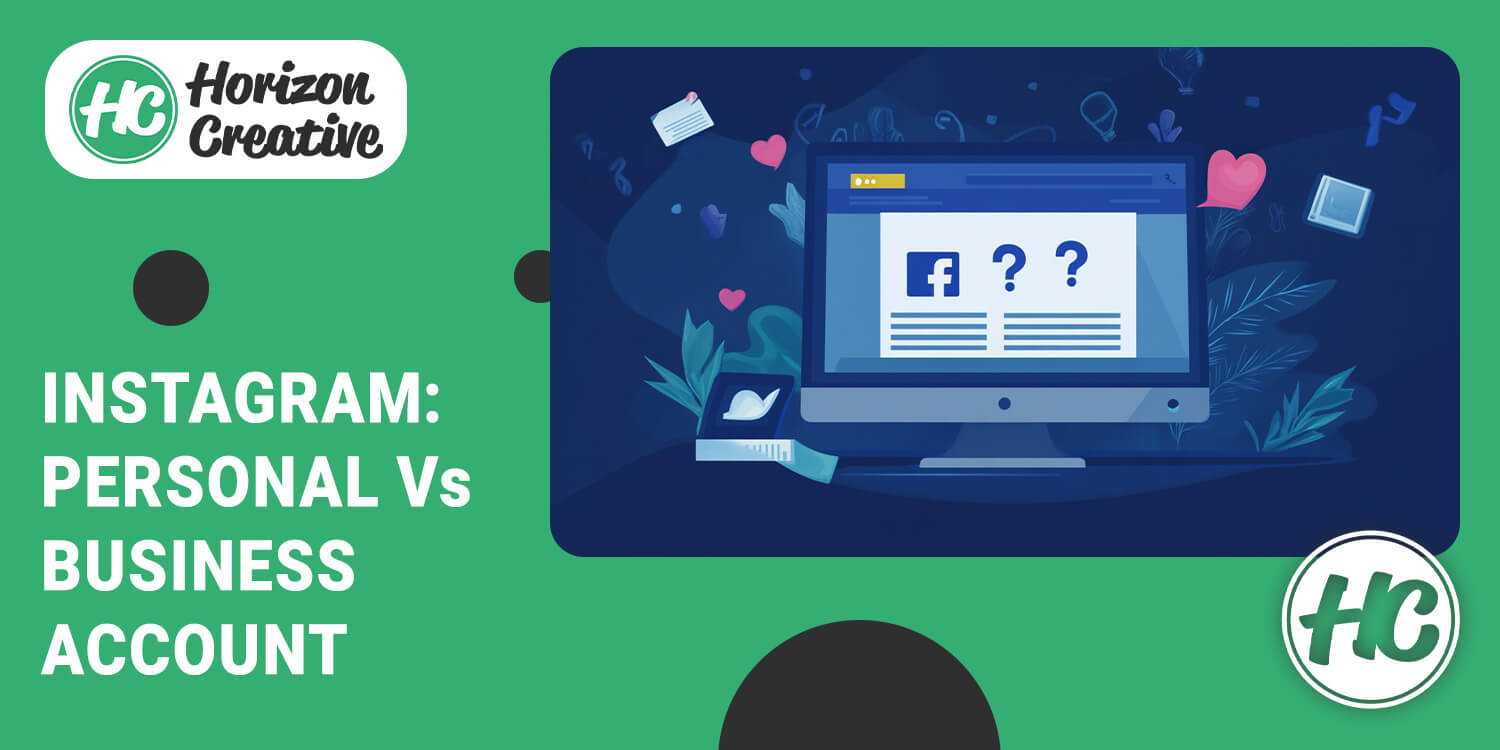
How much should small businesses pay for local SEO in the UK?
Let’s be honest, few things throw business owners as much as the three-letter mystery: SEO. It sounds costly, important, and a bit like magic. But

Let’s be honest, few things throw business owners as much as the three-letter mystery: SEO. It
sounds costly, important, and a bit like magic. But what should local businesses in the UK really expect to pay? And just as important, how can you dodge the snake oil and find actual value? Settle in for a jargon-free look at local SEO pricing, what you actually get, and how not to get mugged off.
You probably know that most people hit Google before they ever pick up the phone or walk into a shop. Local SEO makes sure these people actually find your business when they’re searching nearby. Show up, and you’re one step closer to turning “someone Googling” into “someone paying”. Ignore it, and you’re basically hanging your business sign in the basement.
If you need the nitty-gritty on why this matters, we covered the importance of local SEO for small businesses in detail, worth a look if you’re getting your head around where Google fits into your growth plans.
Right, let’s talk numbers. Typical local SEO costs in the UK vary depending on who you ask, what you need, and whether you’re hunting for a quick-fix or a long game.
Generally, UK small businesses can expect:
+ Freelancers or one-(wo)man-bands: £150–£400 per month
+ Specialist agencies: £300–£800 per month
+ All-singing, all-dancing packages: £1,000+ per month (think large cities, lots of service areas, or
serious competition)
Most starter packages will sit between £300–£500 per month. This should get you moving on the
basics: making sure your Google Business Profile isn’t a ghost town, some on-page stuff (sorting
your website titles and content), citation building, maybe a handful of backlinks, and some
reporting.
One-off audits, for context, can cost between £100–£500. And if an agency quotes £50/month for “guaranteed #1 rankings”, you’re being sold the digital equivalent of magic beans. Run.
Not all SEO is created equal (or even does what you need), so knowing what you’re actually paying for is half the battle.
Here’s what decent local SEO should cover:
+ Google Business Profile optimisation: Critical for map searches
+ Keyword research: So people looking for “best plumber near me” find you
+ Optimising your website: Faster load times, better meta titles, clear calls to action
+ Citations: Making sure your business info is consistent across directories
+ Review strategies: Helping you get more stars, the right way
+ Basic link building: Earning genuine mentions, not shifty links from “SEO Gardens Australia”
+ Monthly reporting: See what’s working, what isn’t, and where your money’s going.
The best small business SEO packages are transparent. You’ll know what’s being done
month-to-month and why.
“Affordable” is a funny word. For some, it means spending as little as possible. For others, it’s
about getting real value for your budget. Cheap isn’t always cheerful. If you’re quoted less than
£150 a month, ask exactly
what you get, if it sounds too good to be true, it usually is.
Affordable SEO services should offer:
+ Results you can actually see (more calls, more website traffic)
+ Clear communication (not just sending you cryptic reports)
+ Flexible packages (so you can pause, scale up, or down as needed)
You’re looking for an SEO partner, not a churn-and-burn “package”. If you need a starting point, check out our approach to affordable seo services for small local businesses.
Here’s how to spot a winner (or a wrong’un):
+ Are you seeing progress? If you’re not moving up anywhere after 3 months, something’s not right.
+ Are the actions clear? Every penny should have a purpose. If the agency can’t tell you what they’re doing, be wary.
+ Any long contracts? Run a mile at 12-month tie-ins. 30-day rolling is the way to go, so you’re not handcuffed to a dud service.
+ Are you getting recommendations? Proactive is good. If your “SEO person” hasn’t pointed out
improvements for months, you’re not top of their list.
Stick with agencies that speak your language, not people who drown you in gobbledygook.
Short answer: Yes – if you want locals to find (and trust) you. But it only works if you choose specialists who know how to make you stand out, not just tick boxes. Local SEO is a long game, but the wins stack up: more visibility, more trust, and more business.
If you want to chat without the jargon or see how we keep SEO straightforward for small firms, get in touch. We’ll help you make sense of it all and only recommend what’ll actually move the needle. No magic beans, just actual results.

Let’s be honest, few things throw business owners as much as the three-letter mystery: SEO. It sounds costly, important, and a bit like magic. But

In 2025, competition among small businesses is fiercer than ever, and local SEO has become a must-have strategy. Whether you run a café, plumbing service,

Introduction Many business owners think of SEO (Search Engine Optimisation) and web design as separate elements. However, these two components work hand in hand to

Let’s be honest, few things throw business owners as much as the three-letter mystery: SEO. It sounds costly, important, and a bit like magic. But

In 2025, competition among small businesses is fiercer than ever, and local SEO has become a must-have strategy. Whether you run a café, plumbing service,

Introduction Many business owners think of SEO (Search Engine Optimisation) and web design as separate elements. However, these two components work hand in hand to

Instagram offers personal and business accounts to cater to different user needs. Here’s a breakdown of the key differences: 1. Primary Purpose Personal AccountDesigned for